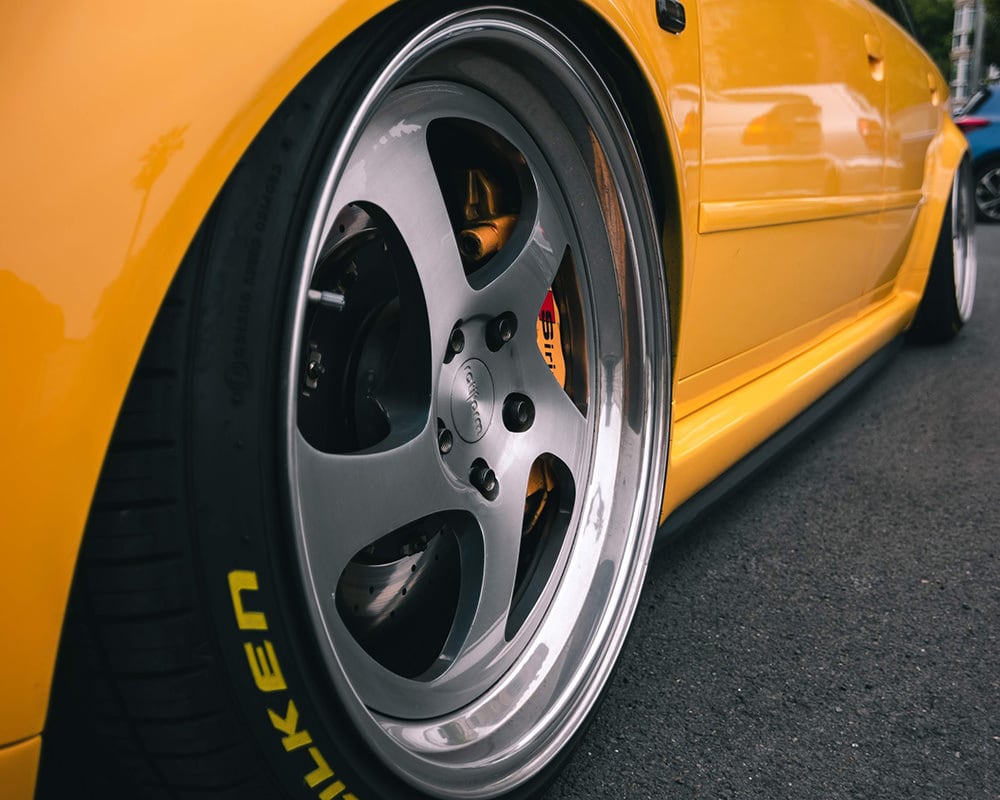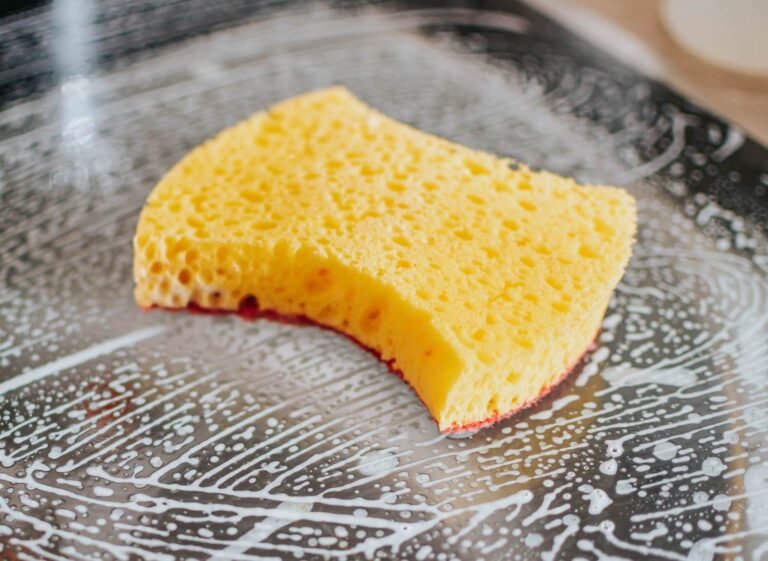sur les chapeaux de roues
“Sur les chapeaux de roues” is a French saying that literally translates as “on the hats of the wheels.” A better translation would be “on the hubcaps.” It is a way of saying “at high speed.”
If a vehicle travels at high speed and goes around a curve or a corner, it will tend to lean over to one side. The wheels too will lean over. If the car corners hard enough, it may even appear as if the hubcaps are touching the road surface. This is more often seen in cartoons and animations than in real life, but the analogy remains.
The origin of this idiom is unknown but it is likely to be sometime after the invention of the automobile.
Equivalent English expressions include “pedal to the metal,” “to go hell for leather,” or “at breakneck speed.”






